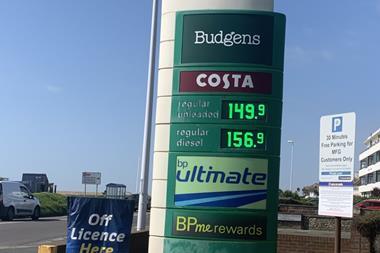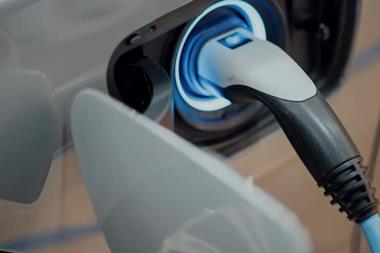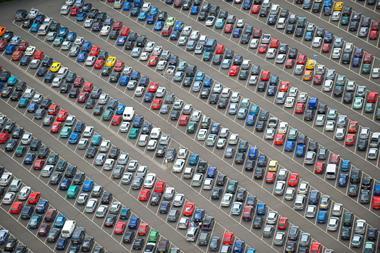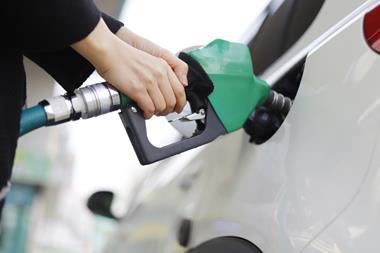The massive impact supermarkets have had on the petrol market in the decade between 2001 and 2011 is highlighted by a new report, The Way We Pay, published by the Payments Council.
It says the amount spent on petrol in supermarkets almost tripled in the decade to 2011, and the proportion of supermarket sales made up by fuel increased from 7% to 12% over the same period.
The growing dominance of supermarkets in the wider retail market is also highlighted with their take reaching 58p in every retail pound spent in the UK, compared with 46p ten years earlier.
As supermarkets have expanded their range of goods and discounted heavily, spending in furniture and homeware shops is down by nearly half, newsagents have lost nearly a fifth of their trade, and spending in DIY stores is down by nearly half.
However, despite the tight economy entertainment spending has risen by over 60%, outstripping the growth in consumer spending by over a quarter. Spending in restaurants and cafés is up 102%, and in cinemas it was up 63%. Pubs and bars have lost out in real terms, though, with spending up 7% over the decade.
Paying for goods and services has changed dramatically too with debit card spending having risen almost fourfold since 2001, but the report suggests contactless payment technology, which is currently being introduced on debit and credit card may soon be introduced on mobile phones.
Adrian Kamellard, chief executive of the Payments Council, said: “We scarcely notice the steady changes in the way we pay, yet someone in their thirties today will see more change in their lifetime than in the entire history of money. Even recent innovations such as payment via a mobile phone, which ten years ago some felt to be science fiction, will soon be commonplace.
“The 2000s were the decade of the debit card. The 2010s are likely to be the decade of the mobile phone. Just as we can’t imagine how we ever did without the internet, many people will soon wonder how we used to be so dependent on cash and cheque. Twenty years from now even cards may seem archaic.”






























No comments yet